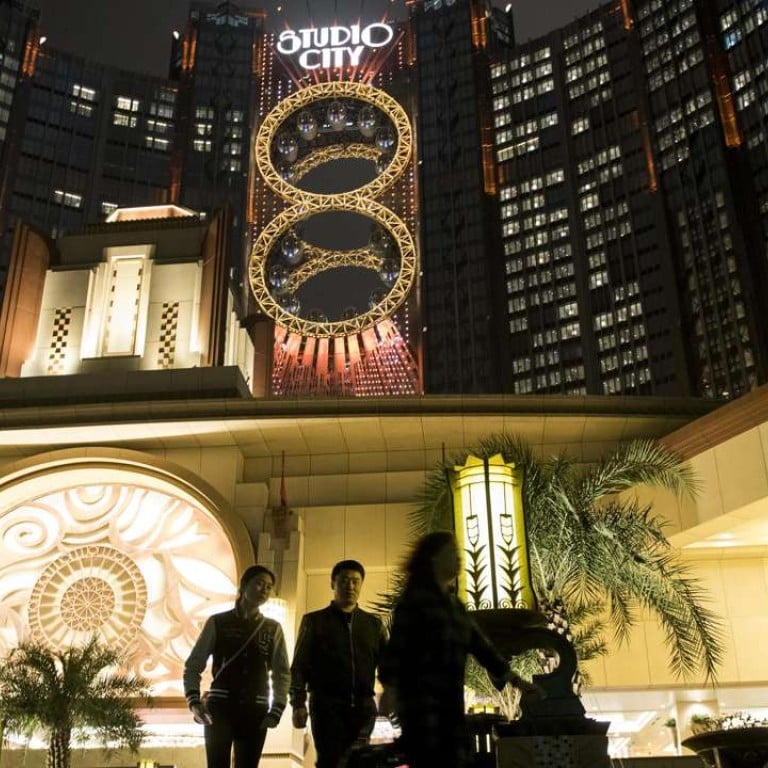
What to do when your staff get arrested in China
The recent detention of 18 Crown Casino employees in China brings into focus the haplessness of multinational corporations when faced with criminal law. Most international lawyers in China are commercial specialists; they are comfortable arguing the toss over new rules on performance bonds, but don’t know the basics of criminal procedure. Yet China is a jurisdiction where criminal sanctions and commercial behaviour overlap.
This isn’t news. For at least a decade, foreign executives have been sustaining criminal liability for alleged corporate mischief, and there have been some famous cases: IHS / Xue Feng in 2007; Rio Tinto / Stern Hu in 2009; GlaxoSmithKline / Peter Humphrey in 2013. Chinese nationals are much more likely to be detained, but if we look at cases of detention of foreigners, a clear pattern emerges, and multinationals ought to know by now what to do. But they don’t.
When a detention occurs, the reaction from head office is to assemble a team and hold repetitive conference calls across multiple time zones, with various participants emphasising the urgency of getting something done. The result is time wasted on self-justification which would have been better used working out how to extract the detainees. Significantly they do not engage anyone useful on the ground. They ask consular officials to “exert pressure” – which adds a diplomatic angle that hurts negotiations. They leak stories to the media, but this politicises the matter and ties the hands of the arresting authorities. And they hire Chinese local lawyers who were hitherto unknown to the company on the grounds that they are well-connected with local police, which makes them an added risk.
There are several methods of defusing tension and dealing with employee detainment.

One of these methods is to take advantage of China’s lack of extradition arrangements. The first step is to engage with the police quickly to discuss a bail arrangement. Negotiating with anyone other than the detaining authority will reduce the chances of this succeeding, and so the bail arrangement must ideally be completed within 37 days of detention, before the case is passed to prosecution. It is crucial for the terms of bail (which can and should be negotiated) to allow for the detainee to leave China. You don’t want the newly released detainee to get to the airport, only to be arrested again and sent straight back.
A bail arrangement obviously includes the obligation for the detainee to return for trial at some later date. The good news is that if the detainee fails to return to China upon summons, there is no obligation on the employer to force him or her to return. Of course in theory China can request extradition of suspects even where there is no extradition treaty in force, but it very rarely does this, and when it does, the request is seldom granted. The detainee stays safe in their home country.
In practice, the detaining authority hopes the detainee jumps bail, because if he does not, the police have to surrender the bail payment they just spent the best part of 37 days negotiating. In the Crown case, it is likely that Chinese authorities believe Crown employees persuaded Chinese state employees to visit a Crown casino to gamble away cash sourced from state assets. This would provide another commercial motivation to the detentions.
If the bail payment course is followed, it is important for negotiators to consider the implications of the FCPA or other equivalent rules in their own jurisdiction. An overly generous bail payment might be considered a bribe, and while some countries have exceptions for cases of personal safety, others do not.
But what of China’s notorious lack of rule of law? Isn’t it the case that detentions motivated by public policy cannot be dealt with by ordinary criminal procedure? “In China, everything is political,” we are told. But this does not mean criminal procedure is not followed. The commercial interests behind the policy itself, as well as legal procedure, all play a role in reducing the risk of the detention moving through to the prosecution stage. If we don’t wrap things up in that 37-day window, it becomes much harder to negotiate any early resolution.
Back to those Crown employees: media reports imply that they have not been charged with any offence, but this is not quite accurate. On the detention form, there will have been an entry in the box under “reason for detention.” Their next of kin and their own lawyers will have seen this, and this will indicate the direction any negotiations should take.
It remains to be seen whether Crown’s management are able to engage with local authorities, but their ability to do so is diminishing with every passing day.
Nicolas Groffman practised law in Beijing and Shanghai and is currently a partner at law firm Harrison Clark Rickerbys

